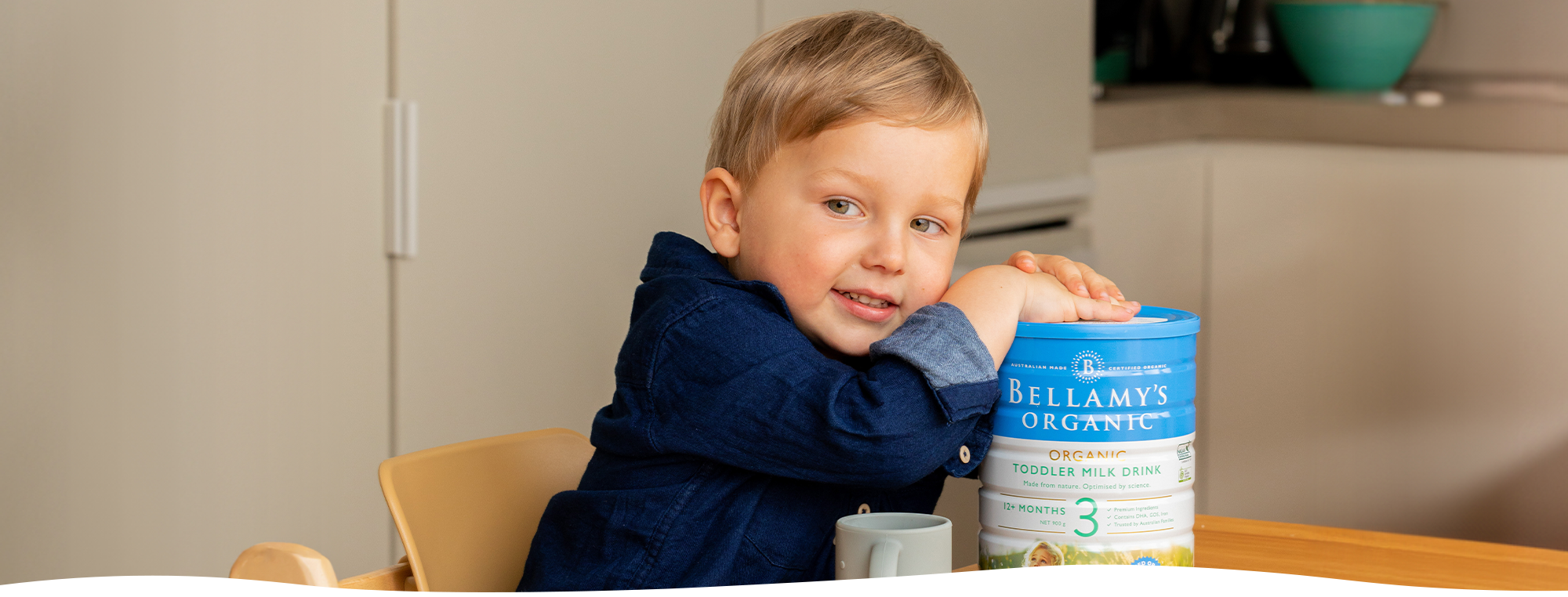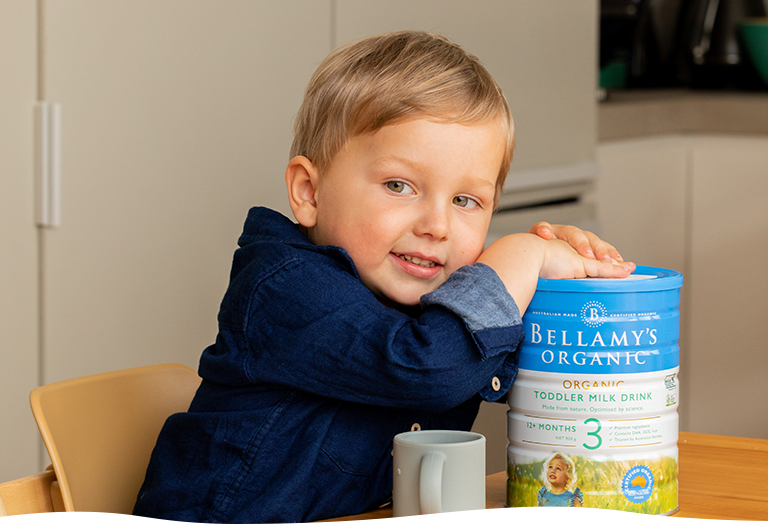Free shipping on orders over $150 in Australia.
We know that every parent is doing the best they can for their babies, especially when navigating this first year.
We work under specific guidelines to market our products responsibly. Part of this commitment is to let you know that Breastfeeding is the best way for babies to get optimal nutrition they need, and it has other health benefits too. It’s also important to have a healthy, balanced diet during pregnancy and breastfeeding. Health care professionals are well placed to provide appropriate feeding advice and support.
It’s worth thinking about the social and cost implications and preparation needs of formula. This includes following the instructions carefully, as unnecessary or improper use can make your baby sick – as can inappropriate foods or feeding methods.
It’s also important to know that if you introduce bottle feeding either partially or exclusively, it may reduce your supply of breast milk - which isn’t easy to re establish.
All the information about Bellamy’s Organic products on this website is for educational purposes – so it shouldn’t replace medical advice.
If that’s all clear and you’d like to learn more, please click I understand.

































